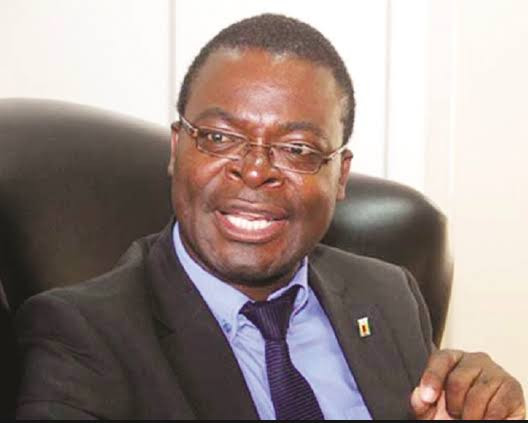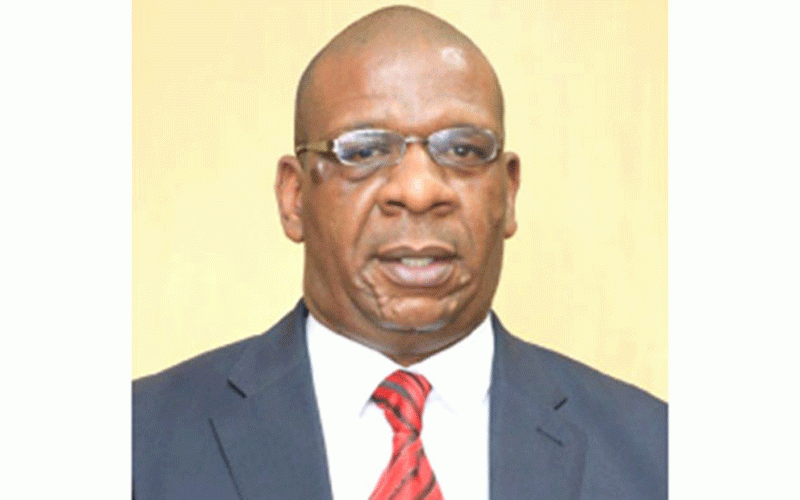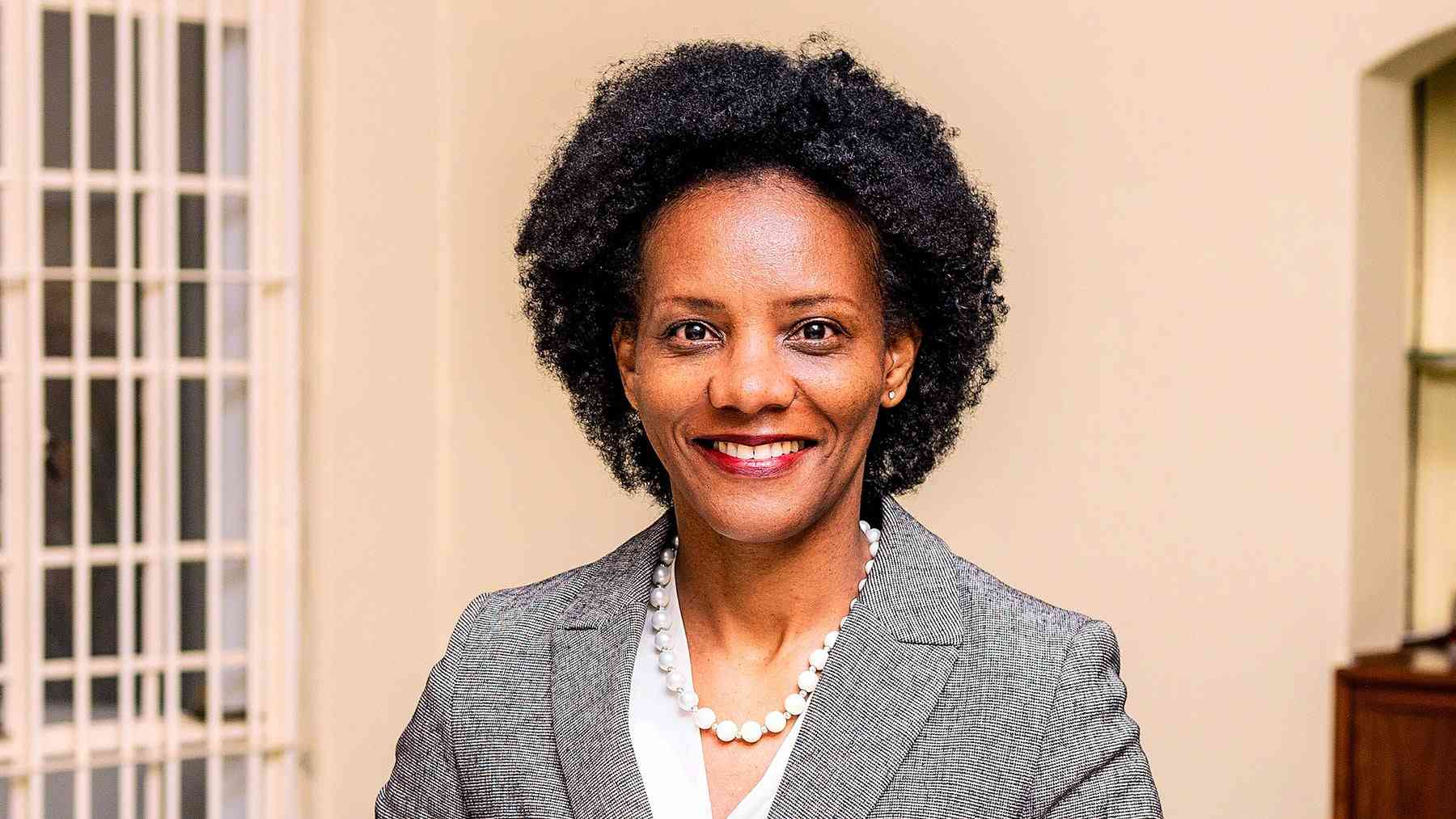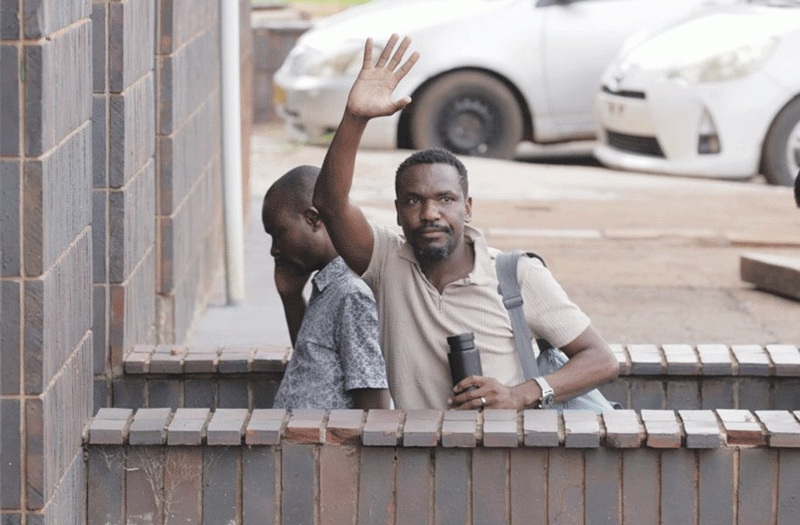
ABOUT 130 critically ill kidney patients at Parirenyatwa Hospital, Zimbabwe's largest referral facility, are preparing to petition First Lady Auxillia Mnangagwa following a severe shortage of dialysis consumables that has already claimed several lives.
The crisis, which has pushed dialysis services across the country to the edge of collapse, has left patients without access to essential treatment for weeks, according to hospital medical staff.
The medical staff at Parirenyatwa Hospital gave a grave account of the gruelling crisis, saying dialysis services countrywide were in intensive care.
Truth Diggers, the investigative unit at Alpha Media Holdings, can reveal that the situation reached a critical point this week, with some patients enduring up to three weeks without the life-saving dialysis sessions they rely on twice a week to survive.
In a WhatsApp group created for kidney patients, members expressed their fears, describing the dire circumstances they are facing. Truth Diggers obtained access to some of the distressing messages exchanged in the group.
With half of dialysis machines out of service, and the remaining machines under immense strain, the patients in the WhatsApp group said their survival was in danger.
Hospital medical staff and patients in separate interviews revealed that essential supplies, including kidney dialysers, sodium bicarbonate concentrate, syringes, heparin, and disinfectants, have run out, exacerbating an already grim situation.
The crisis has been exacerbated by a severe shortage of dialysis catheters, which are crucial for accessing dialysis treatment. The cost of these catheters ranges from US$300 to US$350.
- COVID-19 survivors recount their ordeal
- Tout killed over $350
- 500 receive free eye cataract surgery
- MPs urge Chiwenga to probe corruption, abuses at hospitals
Keep Reading
Historically, Parirenyatwa provided these supplies to its predominantly low-income patients, who heavily rely on government assistance. However, now patients are being forced to purchase them from private outlets at exorbitant prices.
This crisis comes in a country where up to 93% of the population lacks access to medical insurance, making the cost of these vital supplies an overwhelming burden for many.
Mnangagwa, who serves as a health and child care ambassador and runs the Angel of Hope Foundation — a non-profit organisation offering free medical services across the country — has been identified by patients as a potential source of immediate assistance.
"She runs Angel of Hope, and we believe she can help us quickly if we bring our plight to her attention," one patient, who asked not to be named for fear of a backlash, told Truth Diggers.
"We have already seen some of our fellow patients die."
During a visit to Parirenyatwa’s Ward B10, Truth Diggers discovered that only eight out of 17 dialysis machines were operational, placing immense pressure on a healthcare system that has been crippled by years of underfunding. In the WhatsApp group, one patient suggested meeting with the hospital’s clinical director to discuss possible solutions.
"After that, we can escalate our concerns to potential donors, Amai (Mother) Auxillia, and the Permanent Secretary for Health. We could meet at B10 and draft our letter," the patient proposed.
Zimbabwe’s kidney patients are facing one of their worst crises yet.
"The situation is dire," another patient lamented.
"The shortage of supplies is overwhelming. Parirenyatwa has been forced to ask patients to purchase dialysis lines and dialysers themselves."
According to the patient, those who can afford it must spend US$70 weekly on essential supplies.
“The supply of these basic things is erratic. Some pharmacies have been inflating the costs, making it even harder for patients who rely on public hospitals and struggle with basic expenses like bus fare to get to the hospital and back home after dialysis,” he said.
“But the hospital has been asking patients to buy things that should ordinarily be provided for by a dialysis unit.”
Hospital medical staff said considering that some patients struggled to get bus fare, buying such lifesaving drugs was daunting.
They said the biggest challenge was the unavailability of bloodlines — tubes that connect dialysis patients to the machines.
"Patients are dying because these lines are no longer available at the hospital," one official said.
"Wholesalers usually supply these to hospitals, but now, those with the means are forced to seek them out at private dialysis centres.
"A dialysis patient with no residual kidney function cannot survive a week without dialysis — they will die. Imagine how many people are dying every week because of this situation," she said.
Truth Diggers found that patients were locked in a daily battle for survival, with many succumbing to their conditions due to a lack of essential supplies.
Terrence Mautsi, Parirenyatwa’s public relations manager, acknowledged the severity of the situation and assured that efforts were underway to address the crisis.
“Our dialysis services are free for (the) public sector,” Mautsi said.
“However, occasionally, we run out of some of the sundries used for dialysis and in those situations and instances patients have to buy the supplies themselves.
“However at this point I can say the hospital is doing about 75% of the sundries needed and we are only asking the patients to cover the gap.This is just a situational issue that we are battling with - a nationwide challenge that is affecting all dialysis centres and efforts are underway to rectify the situation,” he added.











